One of the barriers to implementing the project of 1 million hectares of high-quality rice in the Mekong Delta is that cooperatives are still weak, with each cooperative having only 80 members on average, less than half of the national average and less than 1/10 of Thailand.
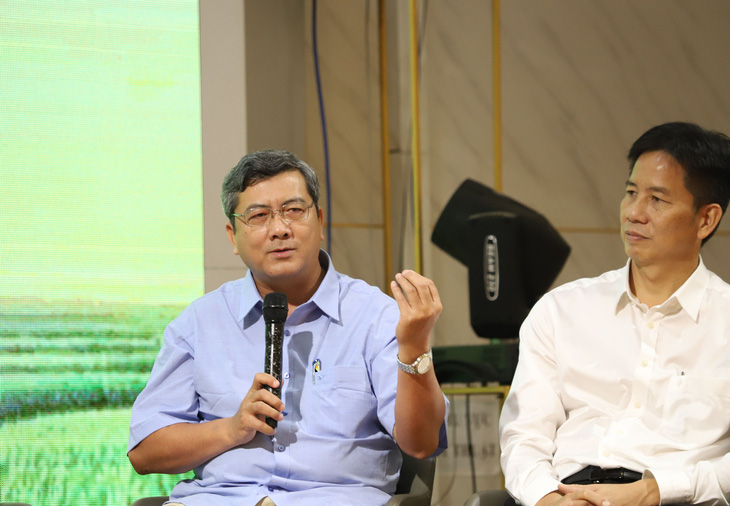
Mr. Tran Minh Hai (left) speaks at the forum - Photo: CHI QUOC
On November 23, in Can Tho city , the forum "Solutions to replicate successful pilot models of the project of 1 million hectares of high-quality and low-emission rice cultivation associated with green growth in the Mekong Delta (MD) by 2030" took place. The forum was organized by the Vietnam Agriculture Newspaper in coordination with the National Agricultural Extension Center and the Vietnam Rice Industry Association.
At the workshop, Dr. Tran Minh Hai, Vice Principal of the School of Public Policy and Rural Development (Ministry of Agriculture and Rural Development), said that one of the very important contents to implement the project of 1 million hectares of high-quality rice in the coming time is to have strong enough cooperatives, with enough courage to organize joint purchasing, joint selling and production organization services.
However, currently, cooperatives in the Mekong Delta are still weak, with an average of only 80 members per cooperative, while the national average is 200 members and the Thai average is 1,500 members. Therefore, according to Mr. Hai, in the coming time, cooperatives must be developed and one of the priorities is to increase the number of members.
In addition, it is necessary to develop a team of cooperative managers with the capacity to perform their duties. "Compared to 10 years ago, cooperatives have developed a lot. Currently, 52% of cooperatives in the Mekong Delta are good and quite good. This is a good point, but we need to change a little more in the management board and the board of directors. Currently, they are only good at production, but not at business," Mr. Hai suggested.
Dr. Dang Kim Son, former director of the Institute of Policy and Strategy for Rural Development, also said that institutional breakthroughs are very important and the next breakthrough is around cooperatives, which must be more powerful and more substantial. He suggested that the Ministry of Agriculture and Rural Development should advocate new policies to create breakthroughs.
Meanwhile, Mr. Nguyen Ngoc He, Vice Chairman of Can Tho City People's Committee, shared that one of the issues the city focuses on most to implement the project of 1 million hectares of high-quality rice in the coming time is to advise the City Party Committee and the City People's Council to prioritize increasing additional capital to invest in irrigation systems in agriculture, especially in areas where the project is being implemented, because only with a good irrigation system can we proactively source water and control water volume well.
Next is how to reduce the amount of seeds, fertilizers, and labor for workers, so the City People's Committee directed the advisory agency to submit to the City People's Council to issue a policy to support interest rates for cooperatives and farmers in project areas to buy precision seeding machines and apply high technology to control the amount of seeds.
Source: https://tuoitre.vn/binh-quan-so-thanh-vien-moi-hop-tac-xa-o-dbscl-chua-bang-1-10-thai-lan-20241123144625967.htm




![[Photo] President Luong Cuong attends the inauguration of the international container port in Hai Phong](https://vphoto.vietnam.vn/thumb/1200x675/vietnam/resource/IMAGE/2025/5/13/9544c01a03e241fdadb6f9708e1c0b65)


![[Photo] Prime Minister Pham Minh Chinh meets with US business representatives](https://vphoto.vietnam.vn/thumb/1200x675/vietnam/resource/IMAGE/2025/5/13/5bf2bff8977041adab2baf9944e547b5)



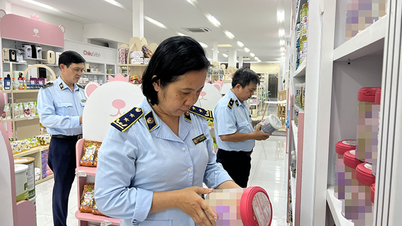







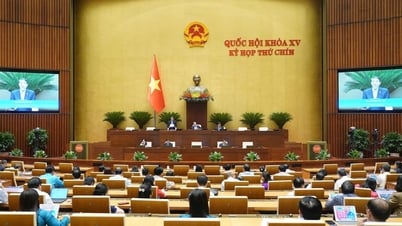
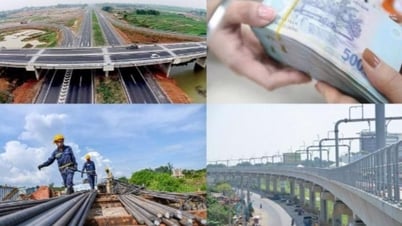








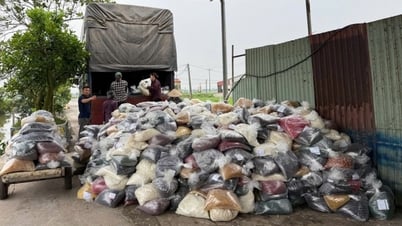
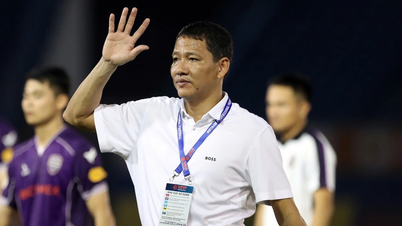
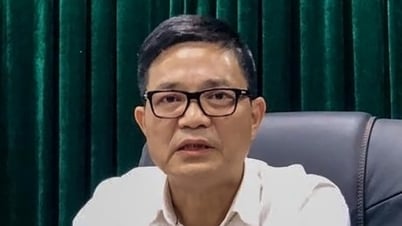
























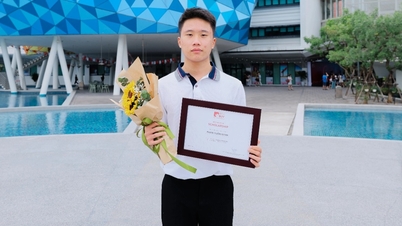

























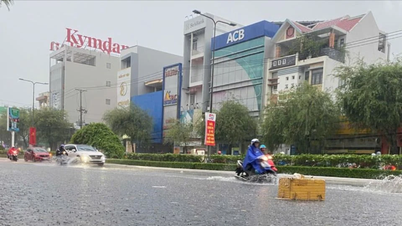
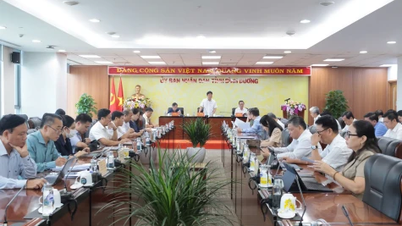





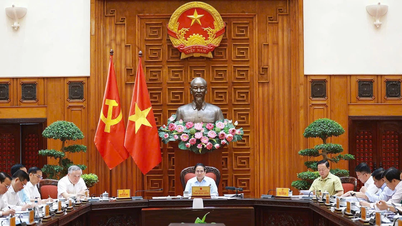
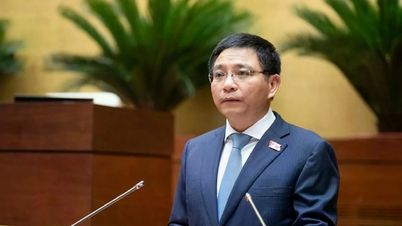








Comment (0)